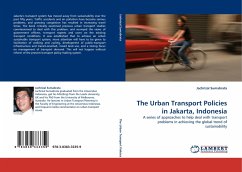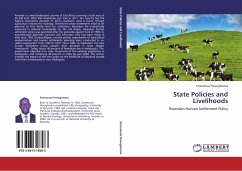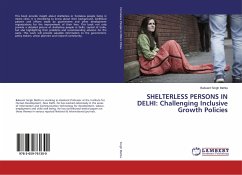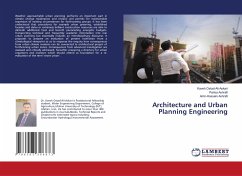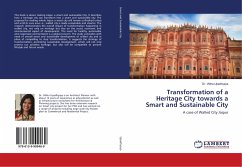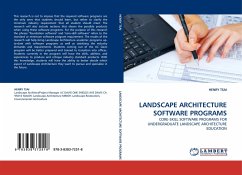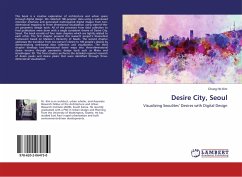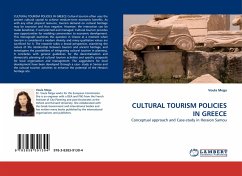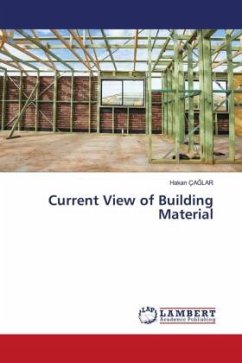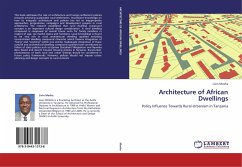
Architecture of African Dwellings
Policy Influence Towards Rural-Urbanism in Tanzania
Versandkostenfrei!
Versandfertig in 6-10 Tagen
51,99 €
inkl. MwSt.

PAYBACK Punkte
26 °P sammeln!
This book addresses the role of architecture and human settlement policies towards achieving sustainable rural settlements. Insufficient knowledge on how to integrate architecture and policies has led to inappropriate approaches, programmes, campaigns and development projects in rural settlements. The research established that rural dwelling compound concept is an important cultural design consideration. A rural dwelling compound is composed of several house units for family members in respect of age, sex marital status and functions. Local knowledge is found to be very rich in rural architect...
This book addresses the role of architecture and human settlement policies towards achieving sustainable rural settlements. Insufficient knowledge on how to integrate architecture and policies has led to inappropriate approaches, programmes, campaigns and development projects in rural settlements. The research established that rural dwelling compound concept is an important cultural design consideration. A rural dwelling compound is composed of several house units for family members in respect of age, sex marital status and functions. Local knowledge is found to be very rich in rural architectural dwelling qualities including concentrated dwelling compound character which favours integration of "living" and "working" within one vicinity. Inadequate integration of these cultural and architectural dwelling compound qualities have contributed to failure of state policies such as Ujamaa (Socialism) Villagisation and Nyumba Bora (Good and decent houses) Housing policies in Tanzania. Rural-urban phenomenon of both rural and urban settings should be considered in future policy frameworks. However, policies should not impose urban planning and design concepts to rural contexts.This book addresses the role of architecture and human settlement policies towards achieving sustainable rural settlements. Insufficient knowledge on how to integrate architecture and policies has led to inappropriate approaches, programmes, campaigns and development projects in rural settlements. The research established that rural dwelling compound concept is an important cultural design consideration. A rural dwelling compound is composed of several house units for family members in respect of age, sex marital status and functions. Local knowledge is found to be very rich in rural architectural dwelling qualities including concentrated dwelling compound character which favours integration of living and working within one vicinity. Inadequate integration of these cultural and architectural dwelling compound qualities have contributed to failure of state policies such as Ujamaa (Socialism) Villagisation and Nyumba Bora (Good and decent houses) Housing policies in Tanzania. Rural-urban phenomenon of both rural and urban settings should be considered in future policy frameworks. However, policies should not impose urban planning and design concepts to rural contexts.



